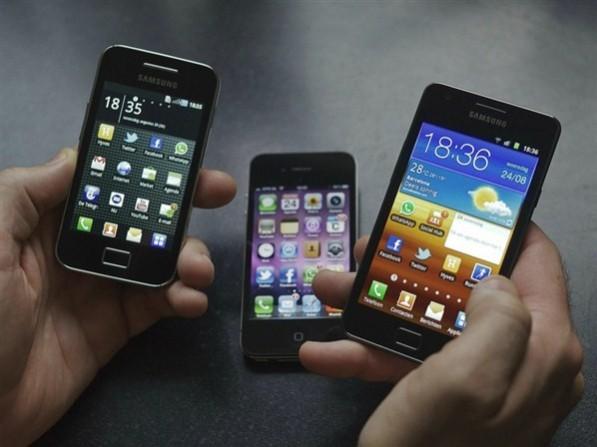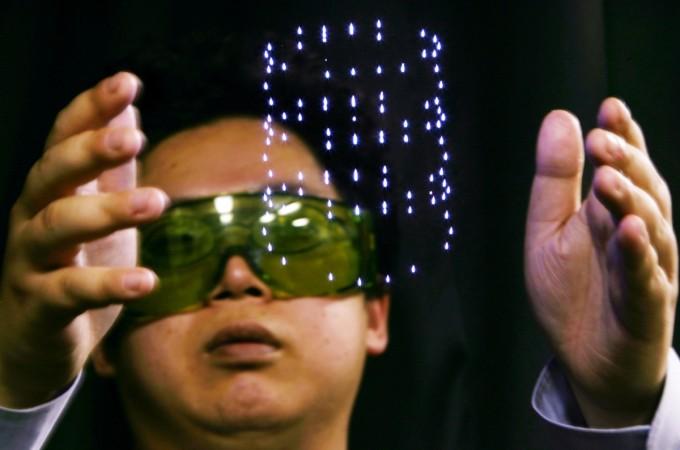In the nineties, Nokia was among the first companies to introduce mobile handsets across the world, starting with those constantly on the move and moving onto those consistently needing to stay connected. Ironically, it's the Nokia CEO Pekka Lundmark who recently predicted the end of the smartphone era. While addressing a gathering, during the World Economic Forum, Lundmark said it's the 6G technology that will make the smartphones, as we know them today, obsolete by the end of 2030.

He also said that the users will not be able to access the 6G networks and technology though, "some" of it would be built directly onto our bodies. "By then, the smartphone as we know it today will not be the most common interface. Many of these things will be built directly onto our bodies," he said during the event and cursorily mentioned about the kind of technology that would replace smartphones. "People would prefer devices that such as smart glasses that can be worn on the face."
What the future looks like?
If the image of people communicating with machines while wearing smart glasses sounds like a leaf from the script of a sci-fi movie, then maybe it is not anymore. It was last year that Elon Musk had shared the infamous video of a macaque playing Mind Pong using chips embedded on either side of its brain. The animal was trained to use a joystick but it was controlling the paddle by just thinking about moving its hands.

Musk's Neuralink is already working on creating brain-computer interfaces, which can be used for communicating with machines. The idea behind Neuralink's video was to share that people with neurological conditions would be able to control phones or computers using its technology. The researchers working on Neuralink shared on the blogpost, "Our mission is to build a safe and effective clinical BMI (Brain Machine Interface) system that is wireless and fully implantable. Our first goal is to give people, with paralysis their digital freedom back, to communicate more easily via text, follow their curiosity on the web, to express their creativity through photography and art, and yes, to play video games."

The 6G technology
No doubt, it's still early days for the 5G technology and many countries are still testing waters but that hasn't stopped conversations and speculations on what the 6G (sixth generation wireless) technology has in store for humans. As for the companies, they are already at it. Exponential increase in speed is a given, many tech experts have predicted that 6G will be able to use higher frequencies than 5G networks, use holographic technology, rely on wearable devices etc.

















